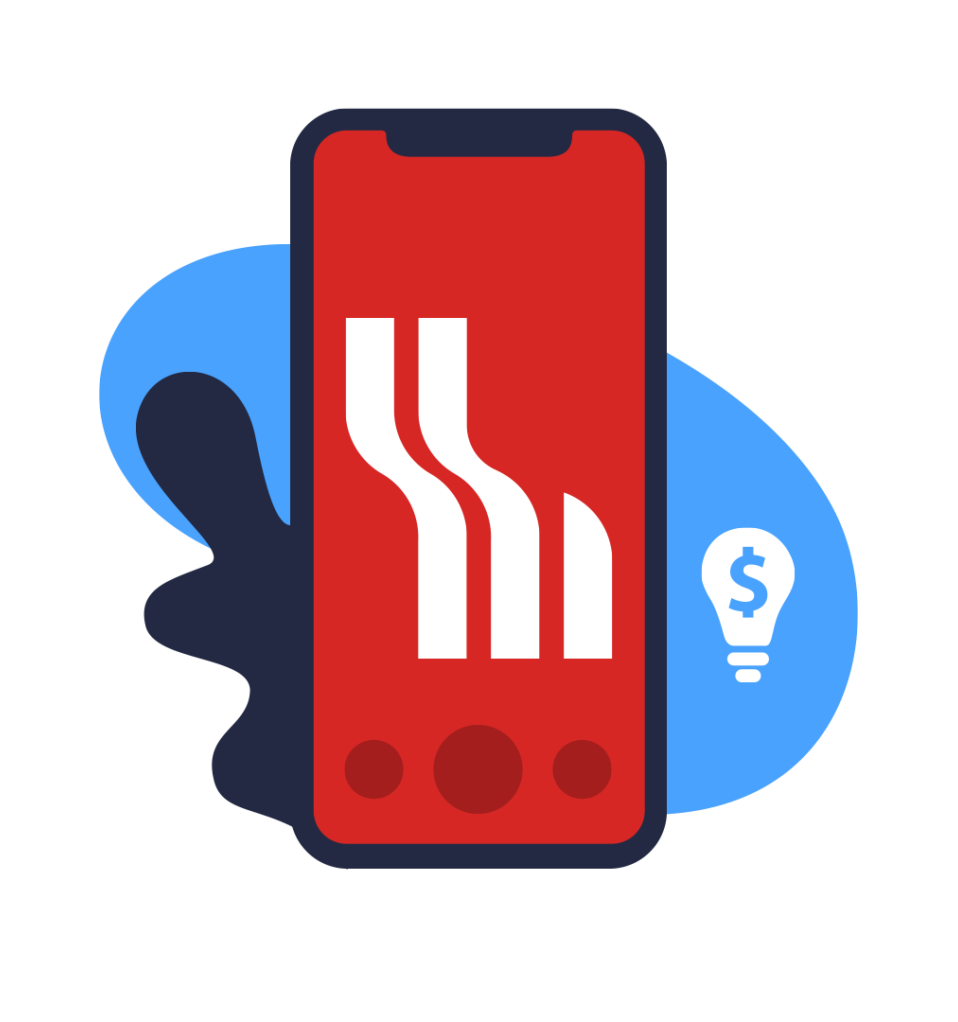Shortlisting and Interview

A critical factor in Chinese business culture is mutual respect for one another. Whilst many of the typical interview customs share similarities to western interviews, there are a few crucial tips that can help put the candidate at ease and uncover their potential for your business.
Ahead of the interview, it is essential to be clear on the date and time. Chinese candidates place great importance on preparation and punctuality, so pre-warning talent via an email will allow them to do this- as opposed to just calling them out of the blue with screening questions.
Although challenging in light of the pandemic, face-to-face interviews are preferable (where possible). Additionally, if the candidate's first language is not the same as the interviewer, you can accommodate by assigning a primary speaker. You could also pre-select which questions each person will ask so as not to talk over other interviewers (if any are in attendance).
Each new speaker to ask a question should introduce themselves along with their job title.
Before launching straight into your pre-prepared questions, interviewers can put the candidate at ease with customary small talk. Direct and detailed inquiries are beneficial when trying to learn more about the candidate's work history. It's better to focus on their motivations to apply for this role, and why your company is the right fit to them. Small talk generally encourages candidates to be more open about the difficulties in their current role and why they want to move.
After the interview has concluded, it may be worth summarising everything covered and asking the candidate if they had any questions or wish to have a point further clarified. We recommended that each interviewer provides feedback to the candidate on their suitability as quickly as possible. If you decide to move the candidate onto the next stage of recruitment, it is essential to extend an offer as soon as you can.